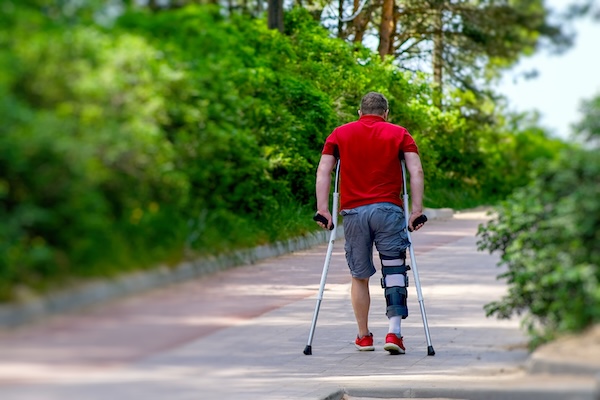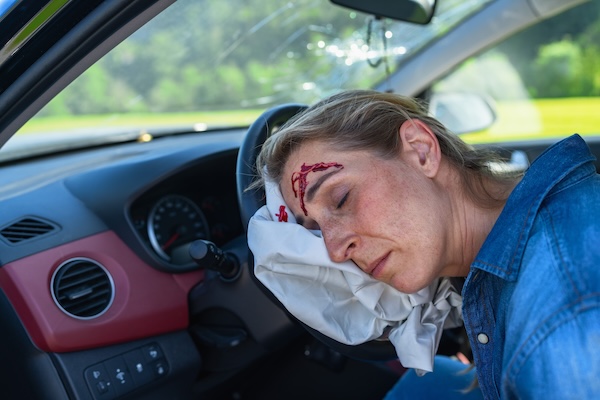Key Elements That Strengthen Your Personal Injury Claim
When it comes to achieving injury lawsuit success, having the best evidence for personal injury case outcomes is essential. Most personal injury cases hinge on the ability of the injured party to provide thorough and persuasive personal injury case evidence. This means that if you’ve been involved in a car accident, construction accident, or are dealing with a medical malpractice claim, the success of your personal injury lawsuit will largely depend on your ability to gather and preserve crucial evidence.
Why Evidence Matters in a Personal Injury Case
Evidence for personal injury case evaluation forms the foundation of your claim. The burden of proof rests on the injured party, meaning you must present enough compelling evidence to prove fault and demonstrate the extent of your damages. A personal injury lawyer will emphasize the importance of collecting a wide range of personal injury evidence, including physical evidence, witness statements, medical records, and accident reports.
Insurance companies and insurance adjusters will scrutinize every detail of your injury claim, so providing clear and convincing evidence can make the difference between a denied claim and substantial compensation. The stronger your personal injury case evidence, the more leverage your personal injury attorneys have when negotiating or litigating on your behalf.
Types of Evidence for Personal Injury Case Success
Building a strong personal injury case requires more than simply stating what happened—it demands concrete, well-documented support from a variety of reliable sources. Each type of evidence serves a distinct purpose, working together to present a full picture of how the incident occurred, who was at fault, and what losses the injured party has suffered.
Whether you’re collecting documents, securing expert opinions, or preserving physical items from the accident scene, knowing the specific categories of evidence to focus on can significantly influence the outcome of your claim. The following are key forms of personal injury case evidence that, when combined, can establish liability and maximize your potential compensation.
Medical Records and Bills
Medical records are some of the most valuable evidence for personal injury case success. They provide detailed documentation of your injuries, treatments, medications, and long-term prognosis. Medical bills offer financial proof of the cost of medical care and can help calculate damages. Seeking medical attention promptly also links your injuries directly to the personal injury accident, strengthening your claim.
Witness Statements
Independent witnesses can validate your account of how the incident unfolded. These statements provide unbiased support and can confirm the liability of the other party. The credibility of witness testimony often carries significant weight in both negotiations and court proceedings.
Police Reports and Accident Reports
A police report is an official record compiled by police officers at the accident scene. These reports include details like the names of individuals involved, the location and time of the accident, and preliminary assessments of fault. In a car crash, this crash report can be a key piece of personal injury case evidence.
Photographic and Video Evidence
Visual documentation such as photographs of the accident scene, damaged property, and injuries is powerful. In many cases, video surveillance from traffic cameras or nearby businesses can provide irrefutable proof of how the accident occurred. This physical evidence is often what persuades insurance companies or juries.
Employment Records and Pay Stubs
If your injuries prevent you from working, lost wages must be accounted for. Employment records, pay stubs, and tax documents are critical in proving lost income and other financial losses. For self-employed individuals, business financials can serve as vital evidence.
Expert Testimony
In cases involving complex issues such as medical malpractice or product liability, expert testimony is necessary. Medical professionals and industry specialists can offer opinions that clarify how the other party failed to meet professional or safety standards. This type of evidence can make a weak claim into a strong personal injury case.
Damaged Property and Physical Evidence
Preserving evidence such as damaged clothing, vehicles, or equipment can help demonstrate the force and impact of the accident. Personal injury lawyers often work with forensic experts to analyze this physical evidence.
Preserving Evidence: A Key to Success
Preserving evidence for personal injury case preparation is time-sensitive. Immediately after a personal injury accident, you should take steps to preserve physical evidence and document everything. Take photographs, collect names and contact information of all individuals involved, and file accident reports. Your personal injury attorney will use this valuable evidence to build a compelling argument on your behalf.
Working with a Personal Injury Lawyer
Partnering with an experienced personal injury lawyer or law firm significantly boosts your chance of success. A good personal injury attorney understands how to gather evidence, navigate negotiations with the insurance company, and prove fault in a court of law. They will handle everything from requesting medical records to coordinating with expert witnesses, ensuring that no piece of crucial evidence is overlooked.
Most law firms offer a free consultation, allowing you to explore your legal options without obligation. During this initial meeting, your lawyer will review your case, discuss the available personal injury case evidence, and outline the steps to recover compensation.
Build a Strong Personal Injury Case with the Right Evidence
Winning a personal injury claim isn’t just about telling your story—it’s about proving it with clear, compelling, and well-preserved evidence. The best evidence for personal injury case success includes a combination of medical documentation, witness statements, expert opinions, and physical proof from the accident scene. Whether you’re pursuing compensation after a car crash, construction accident, or medical malpractice, your ability to present thorough and persuasive evidence can be the deciding factor in your case.
If you’ve been injured and believe another party is at fault, now is the time to act. Don’t risk your rights or financial recovery by waiting too long or missing critical documentation. Take the first step toward justice today by scheduling a free consultation with an experienced personal injury lawyer. A skilled attorney will help you gather evidence, navigate the legal process, and fight to hold the liable party accountable.
Contact our law firm now [phone] to start building your strong personal injury case and take control of your recovery. The sooner you act, the stronger your case will be.





